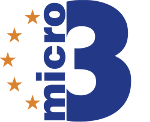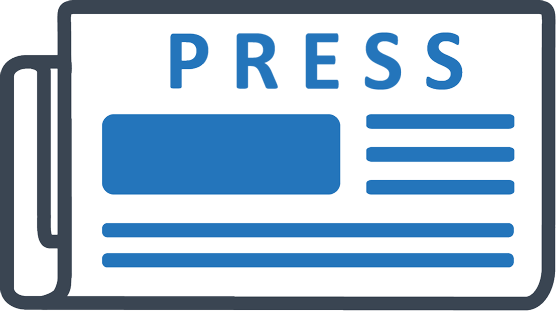Press release, June 21 2014
Citizen Scientists invited to help take a Snapshot of the World’s Oceans
If you live near the sea or plan to be on it this 21 June 2014, you can take part in MyOSD, a worldwide citizen science adventure. The large Micro B3 Project is sponsoring this event together with its Ocean Sampling Day (OSD), a global campaign for sequencing the oceans.
Everyone can be a scientist for one day by joining MyOSD and contributing to science by collecting important environmental parameters like latitude, longitude, temperature, weather condition, wind speed and, with a little investment, also further data. For this purpose the OSD App for smartphones (Android and iOS) has been developed. It can be downloaded for free via the website www.my-osd.org. There is also an OSD Video tutorial available with instructions. All measurements can be uploaded directly to the website, after registering, therefore citizens willing to joint should start the process now.
Why do we do this: At least 80% of all life on earth comes from the ocean and the ocean covers 70% of the planet but we have only explored less than 5% of this unique ecosystem. It is important to find out more, especially about the marine microorganisms of which you can find around a million in a drop of seawater. These organisms are a major part of the food web, they are reacting to climate change and to study them helps scientists predict what will happen to our ocean in the future.
Who is behind it: The European funded four year Micro B3 project is organising the worldwide ocean sampling campaign called Ocean Sampling Day (OSD). This campaign encompasses more than 160 marine research locations from Iceland to Antarctica and from Moorea (French Polynesia) via America to South Africa looking for microbial biodiversity within marine surface water. But not only scientists also citizen can join and help to get a better picture of our ocean. Data for more and more places all over the globe can be added, the more citizen scientists are taking part. The goal is to create the biggest data set in marine research that has ever been taken on one single day: a huge snapshot of the world's oceans. The outcome will be a common pool of data to be shared among the whole scientific marine research community and the public.
Genomics - the science of sequencing genes and understanding their meaning - is not merely a tool for human health or agriculture anymore: it has been extended to the study of biodiversity and ecosystem functioning in marine waters. Marine scientists can now sequence the oceans with standardized methods for sampling, shipping, transferring data and for bioinformatics analysis. Advanced technologies are applied to obtain large amounts of sequence data for advanced ecological knowledge and potential biotechnological applications. The OSD will demonstrate that joint and standardized work as well as clear data-sharing agreements support not only improved ecosystem knowledge but also sustainable use of marine genetic resources.
Julia Schnetzer, the young scientist responsible for setting up My-OSD in the course of her PhD thesis says:
‘OSD and MyOSD together form a wonderful project giving scientists and citizen all around the world the opportunity to work together to unravel the mysteries of our ocean’.
Picture gallery illustrating the work in Micro B3, OSD and MyOSD
Find more information at www.microb3.eu
Acknowledgement/Disclaimer
Micro B3 has received funding from the European Union’s Seventh Framework Programme for research, technological development and demonstration (Joint Call OCEAN.2011‐2: Marine microbial diversity – new insights into marine ecosystems functioning and its biotechnological potential) under grant agreement no 287589.
The Micro B3 project is solely responsible for this publication. It does not represent the opinion of the EU. The EU is not responsible for any use that might be made of data appearing herein.
Contact for MyOSD related Press Enquiries:
Julia Schnetzer, PhD student
Max Planck Institute Bremen, Germany
Telephone +49 1577 473 7427
Email myosd-contact@microb3.eu and Jschnetz@mpi-bremen.de
www.microb3.eu/myosd
Contact for MyOSD related Press Enquiries UK:
Saskia Wesnigk-Wood,
EMPA Brighton, UK
Telephone +44 (0)1273 430372
Email Saskia.ww@empa-bremen.de
Contact for Micro B3 related Press Enquiries Germany:
Dr. Johanna Wesnigk
EMPA Bremen, Germany
Micro B3 Training and Dissemination Officer
Tel: +49 421 507920, +49 170 755 7826
j.wesnigk@empa-bremen.de
www.microb3.eu/work-packages/wp9
www.empa-bremen.de
Coordinator of Micro B3 & OSD
Prof. Dr. Frank Oliver Glöckner
Jacobs University Bremen gGmbH & Max Planck Institute for Marine Microbiology Bremen
Campusring 1, 28759 Bremen
Telephone +494212003167
Mobile: +491728270191
Email: f.gloeckner@jacobs-university.de
www.microbial-genomics.de


